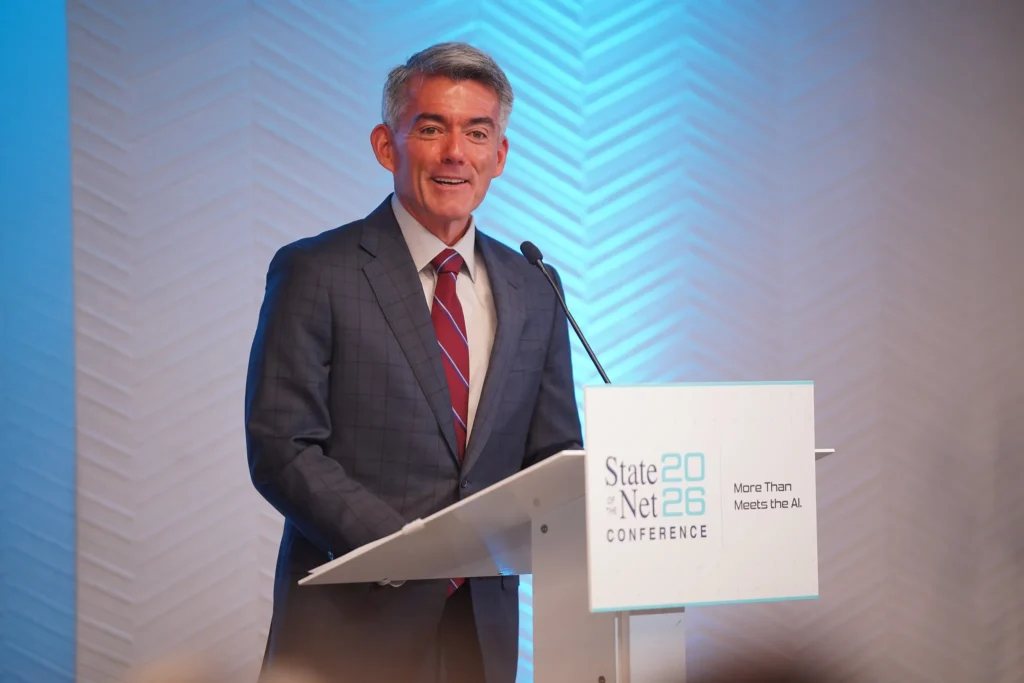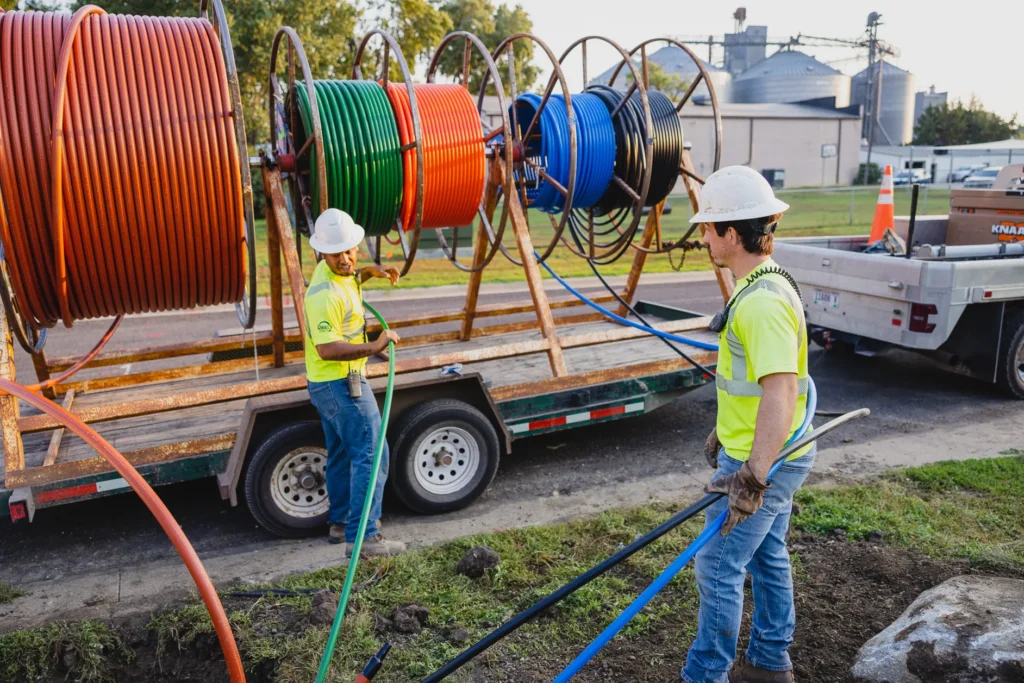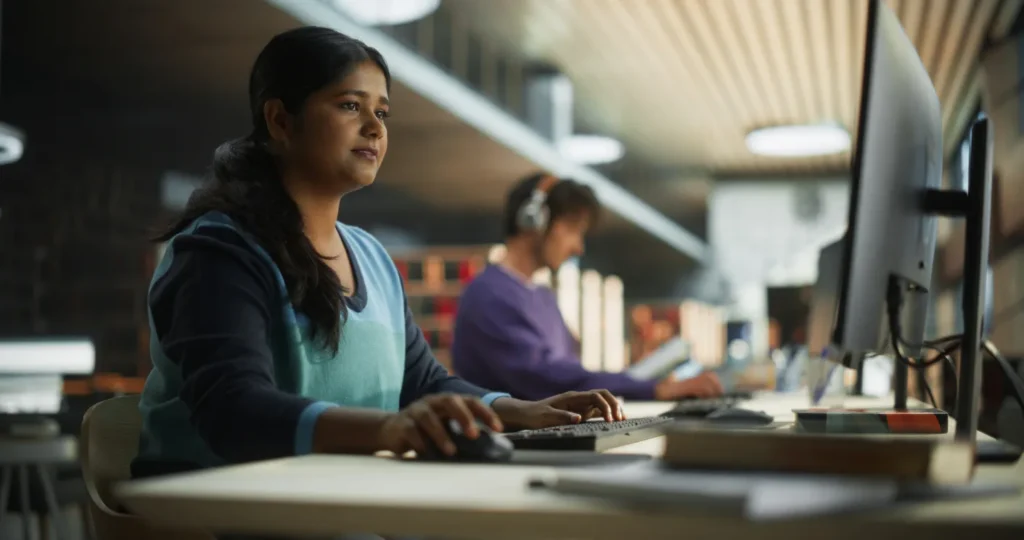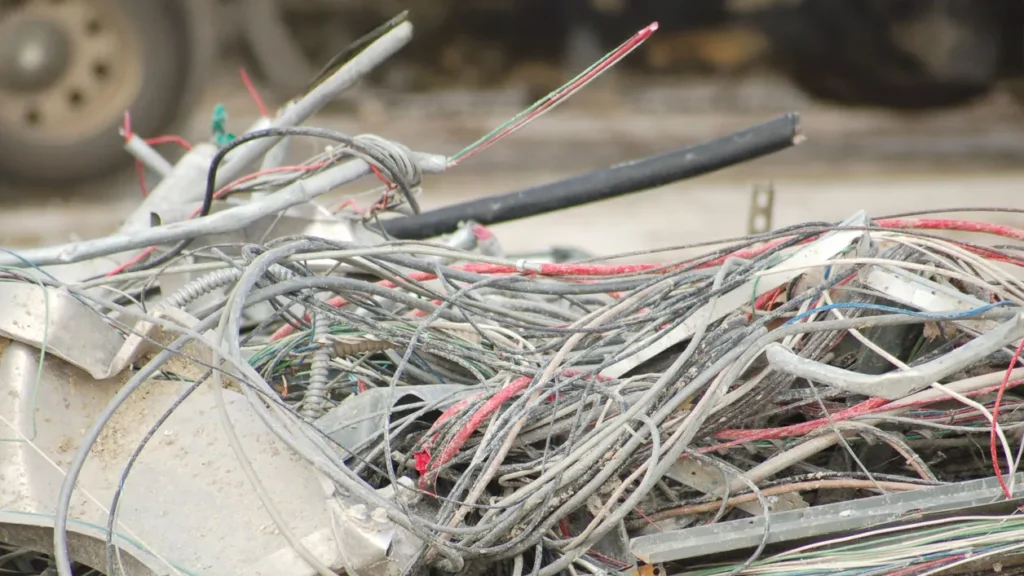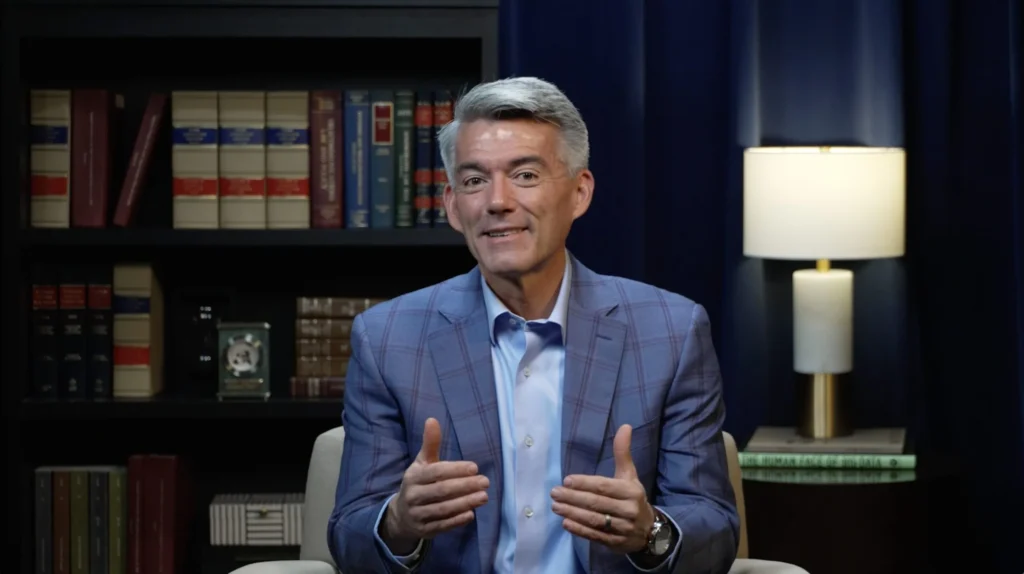As schools across the country dive head-first into distance learning and attempt to resolve digital equity issues, districts can find a great model in Chicago Public Schools (CPS) and its unique public-private partnership with Comcast. This past summer, Comcast, along with multiple stakeholders, worked with CPS to launch Chicago Connected, a digital equity initiative whose goal is to provide broadband internet at no cost over the course of four years to as many as 100,000 eligible students. The initiative is part of a nationwide effort, K-12 Bridge to Broadband, which provides a path for school districts and other community partners to fund and quickly connect students and families in need of a home broadband connection.
The $50 million Chicago Connected initiative brings together Mayor Lori E. Lightfoot, Chicago Public Schools, community-based organizations, and philanthropists in a holistic effort to not only enable Chicago students to learn from home this year, but to provide a long-term, whole home roadmap for connectivity and digital learning.
“This initiative draws on many of Chicago’s strengths – collaboration between the public and private sectors, highly engaged civic partners from philanthropic and not-for-profit sectors – working in concert to build a more equitable and inclusive future for the city,” said Comcast Regional Vice President of External and Government Affairs Matthew Summy in an interview with NCTA.
One of the reasons the partnership has been able to take off is that Comcast was able to offer lessons and guidance from a decade of experience working to close the digital divide through Internet Essentials, the company’s low-cost broadband internet adoption program, not just in Chicago, but nationwide. Collaboration with public leaders and trusted community-based organizations has been central to Comcast’s ability to connect millions of people to the internet since 2011. In addition, the scale of Chicago Connected required partners with the critical operational experience and systems – call centers, technicians, a COVID-19 health and safety plan, and self-install kits – to ensure the customer experience was front and center.
Comcast has launched more than 70 sponsored-service agreements similar to this one across the country since the pandemic hit, including in Atlanta, Sacramento, Pittsburgh, Portland, Ore., and Washington, D.C. In a Title 1 district like CPS, in which 70% of students meet federal standards for poverty, the impact that connectivity will make will go beyond student learning.
“Connectivity is foundational. That doesn’t end with schoolwork,” said Summy. “The benefits of a broadband internet connection will extend to an entire household.”
As Chicago Mayor Lori Lightfoot explained in a press statement, “Reliable, high-speed internet is one of the most powerful equalizers when it comes to accessing information … It allows families to build career skills, apply for jobs, register to vote, and stay up to date on current events. This program is a critical component of our Solutions Toward Ending Poverty (STEP) agenda and the efforts to end poverty and a part of our mission to drive improved academic outcomes at CPS.”
Summy explained that drawing on trusted institutions within the City of Chicago to extend the partnership has been a critical piece of the outreach necessary to encourage more sign-ups and participation in the program. “Because even if a product has no cost to the customer, adoption is still considerably challenging and you need all hands on deck to reach those families,” Summy explained.
Summy also added that digital literacy and digital skills training are important components of a larger set of digital equity objectives. “You start with connectivity, you build the community-based organization network, then you ensure that the digital skills training is part of it for the long term. Chicago Connected is unique in that the first two years are being funded by a combination of CARES Act dollars and philanthropic parties, while the last two years will be funded by public channels. The City and schools plan to build internet connectivity for families into future budgets as a reflection of the city’s commitment to equity. It took City Hall, CPS, Comcast and other important partners around two and a half months to structure the program before they launched it at the end of June. Given the pressing need, we worked collaboratively to launch the program. With a shared commitment to the mission framework pretty much in place, we were able to spend a lot of time executing outreach strategies to get families connected too.”
Kids First Chicago, a parent-focused not-for-profit, and the Metropolitan Planning Council also participated in the partnership to analyze the digital divide at a neighborhood level. Comcast drew on its experiences with Internet Essentials to offer insights and suggest strategies to advance adoption for families with school-aged children and to help policymakers understand that cable infrastructure throughout the city offered an immediate solution for reliable, high-speed internet service for the whole home. Comcast also worked with the school district to assess data to identify households in need of services and to help with the onboarding.
“From a strategic perspective, [this initiative] is a signal that other people can come together and find a way to do this, and it’s bigger than just the connectivity piece of it, and it’s bigger than just the ISPs doing it,” said Bret Perkins, Comcast Senior Vice President of External and Government Affairs.
Summy elaborated, “Funders recognized that reliable, quality service needs to be around for the long term, and made that path forward possible with their funding. Now you hear the CEO of CPS say that connectivity today is like a textbook was in the ‘80s. It’s just as important and needs to be built into district budgets. That was a big policy shift and had we all tackled it differently, we wouldn’t be in the place we are now, and we wouldn’t be able to support the initiative in a meaningful way.”


